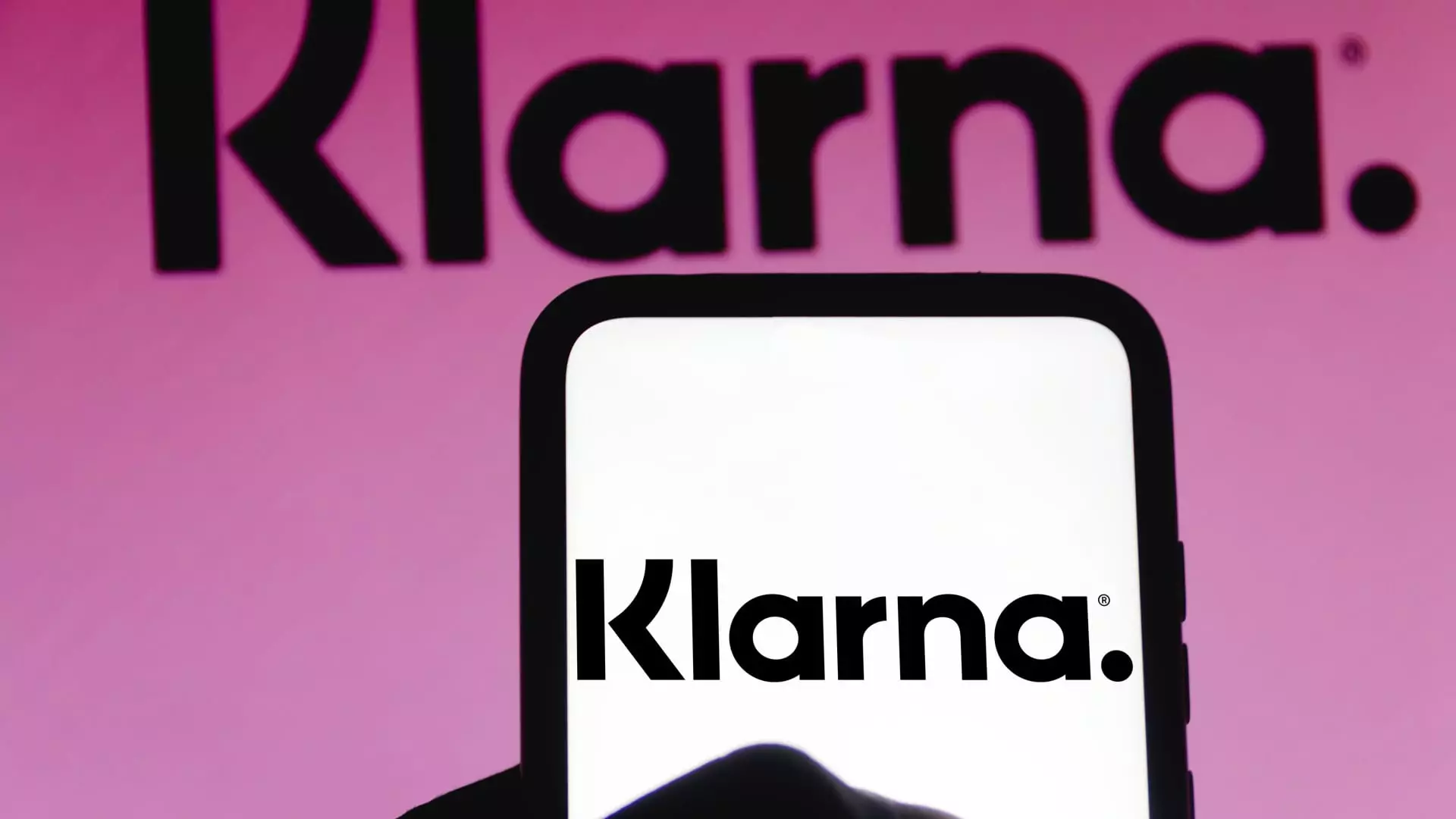Swedish fintech company Klarna has reported that almost 9 out of 10 of its employees are utilizing generative artificial intelligence tools on a daily basis. This adoption rate of over 87% is significantly higher than the average in the broader corporate world, where only 61% of computer users are incorporating generative AI programs into their work. Klarna’s non-technical departments, such as communications, marketing, and legal, have emerged as the largest users of generative AI within the company, showcasing a growing trend towards AI integration in various functional areas.
One of the key generative AI tools being used at Klarna is the company’s internal AI assistant, Kiki. According to Klarna, 85% of its employees are currently utilizing Kiki, with the chatbot responding to an average of 2,000 queries per day. This indicates a high level of engagement and reliance on AI-driven solutions to enhance productivity and streamline communication processes within the organization.
Generative AI tools, such as OpenAI’s ChatGPT, are being leveraged by Klarna’s communications and legal teams to improve efficiency and accuracy in their day-to-day tasks. For instance, the communications teams are using ChatGPT to assess the sentiment of press articles related to the company, while the legal team is utilizing ChatGPT Enterprise to generate initial drafts of common contract types. This has resulted in significant time savings, with tasks that previously took hours now being completed in a matter of minutes, allowing employees to focus on higher-value activities.
Amidst a challenging economic environment and a shift towards greater profitability, Klarna has strategically implemented generative AI tools to drive operational efficiencies and cost savings. The company’s decision to reduce its workforce in 2022 and focus on AI adoption has proven to be beneficial, with Klarna reporting its first quarterly profit in four years for the September quarter. The integration of AI, particularly through AI chatbots, has enabled Klarna to optimize customer service operations, resulting in significant financial savings amounting to $40 million.
Overall, Klarna’s proactive approach towards embracing generative AI tools has not only improved internal processes and productivity but has also contributed to the company’s financial success in a challenging business landscape. By prioritizing AI integration and leveraging technologies like ChatGPT and Kiki, Klarna has positioned itself as a leader in the fintech industry, setting a precedent for other organizations looking to capitalize on the transformative power of AI in driving business growth and sustainability.

